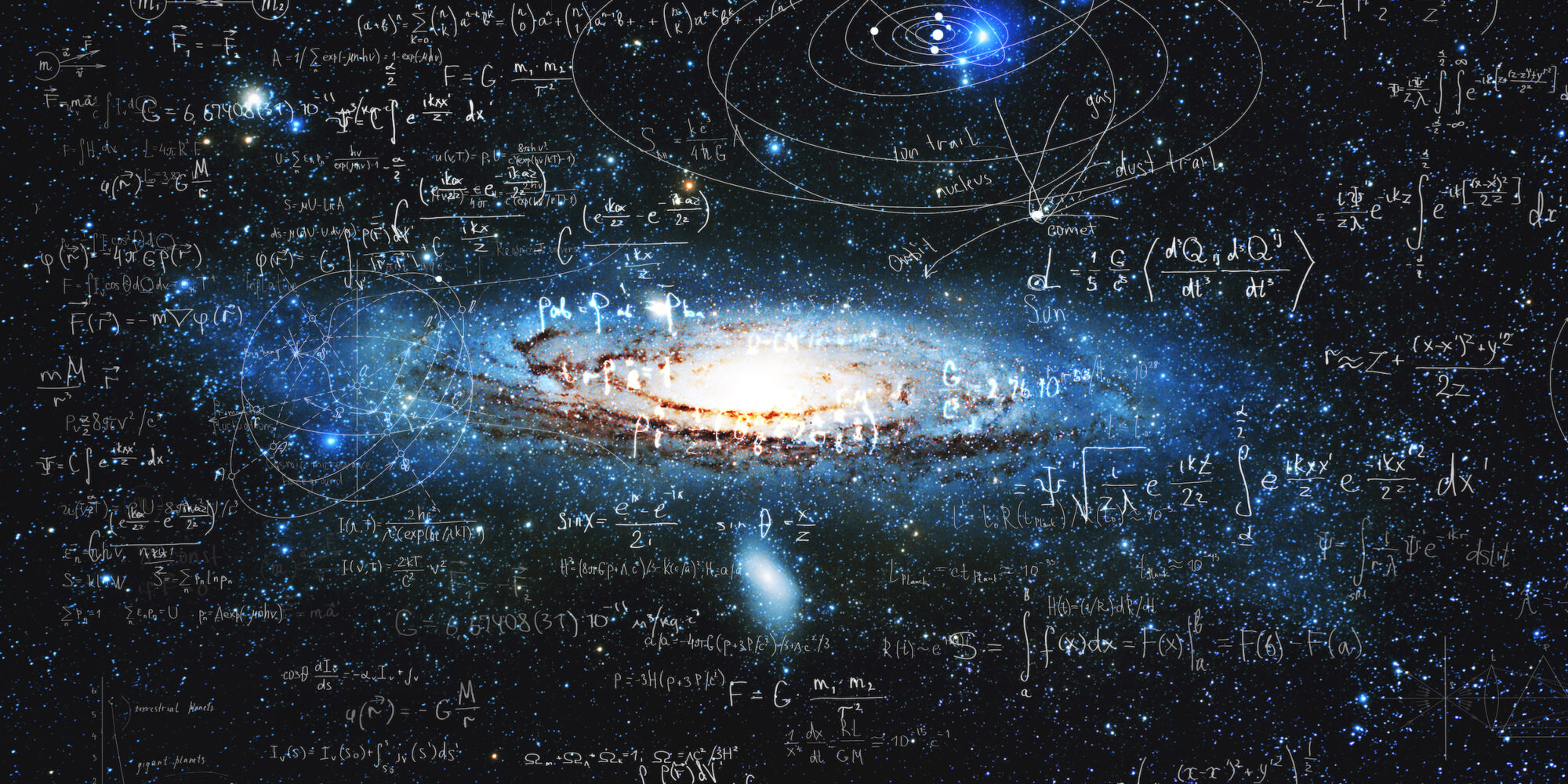There are no physical laws in the world
Seeing | Foundations of Physics
![]() Daniele Oriti, PhD | 2023-04-16
Daniele Oriti, PhD | 2023-04-16

The Nobel Prize in physics in 2022 went to scientists who, for over 40 years, have carried out a series of experiments indicating that, contrary to materialist expectations, physical entities do not have standalone existence but are, in fact, products of observation. This result is extraordinarily relevant to our understanding of the nature of reality, and so Essentia Foundation, in collaboration with the Institute for Quantum Optics and Quantum Information, Vienna, of the Austrian Academy of Sciences (home to Prof. Anton Zeilinger, one of 2022’s Nobel Laureates in physics), organized a conference discussing the implications of this result. The conference was hosted by IQOQI-Vienna’s Dr. Markus Müller and featured seven other speakers.
In this, one of the most intriguing presentations of the conference, Dr. Daniele Oriti, from the Ludwig-Maximilians-Universität München, defends the view that physical laws are epistemic in nature, having no independent ontological status.
This presentation was part of the ‘Physics of First-Person Perspective’ conference, organized at the end of 2022 by Essentia Foundation and the Institute for Quantum Optics and Quantum Information, Vienna, of the Austrian Academy of Sciences.
Because of how YouTube works, to watch the video embedded below you must choose our ‘Platinum’ privacy option (see fingerprint on the bottom-left). Otherwise, you can always watch it directly on YouTube.

Essentia Foundation communicates, in an accessible but rigorous manner, the latest results in science and philosophy that point to the mental nature of reality. We are committed to strict, academic-level curation of the material we publish.
Recently published
Reading
Essays
Seeing
Videos
Let us build the future of our culture together
Essentia Foundation is a registered non-profit committed to making its content as accessible as possible. Therefore, we depend on contributions from people like you to continue to do our work. There are many ways to contribute.















